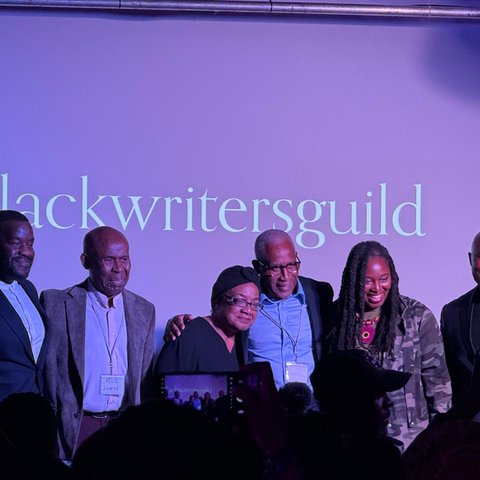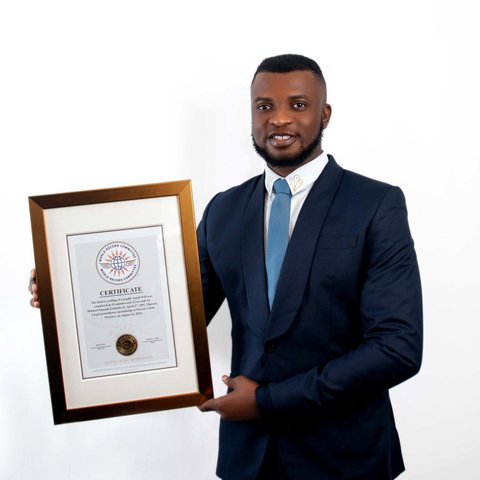From radio silence to solidarity: A shared call for racial justice
What began as a simple cab ride became a powerful reflection on race, belonging and change. In this blog, Oxfam GB’s Director of Racial Justice and Equalities, Rhaea Russell-Cartwright, shares how one conversation brought into focus the enduring impact of racism and inequality and why addressing both demands local action and global solidarity.
The sobering state of race relations in Britain
“The government cannot rely on assumptions that if it delivers on economic opportunities, it can stem the rise of the far right, nor can it ignore racism at play.”
- Dr Temidayo Eseonu
Racism and economic inequality are deeply interlinked
3 ways we can commit to racial justice and progress
More posts like this

– Against the backdrop of racist unrest that has recently shaken the UK, the Black Writers Guild conference became more than just a meeting of minds – it was a space for healing, resistance, and hope.

– Black History Month is not only a time for reflection, but it's also a time for forward planning.
